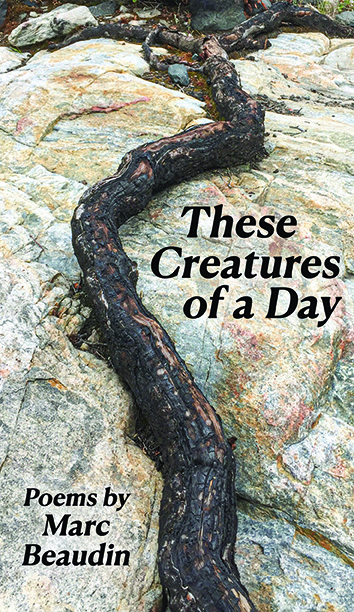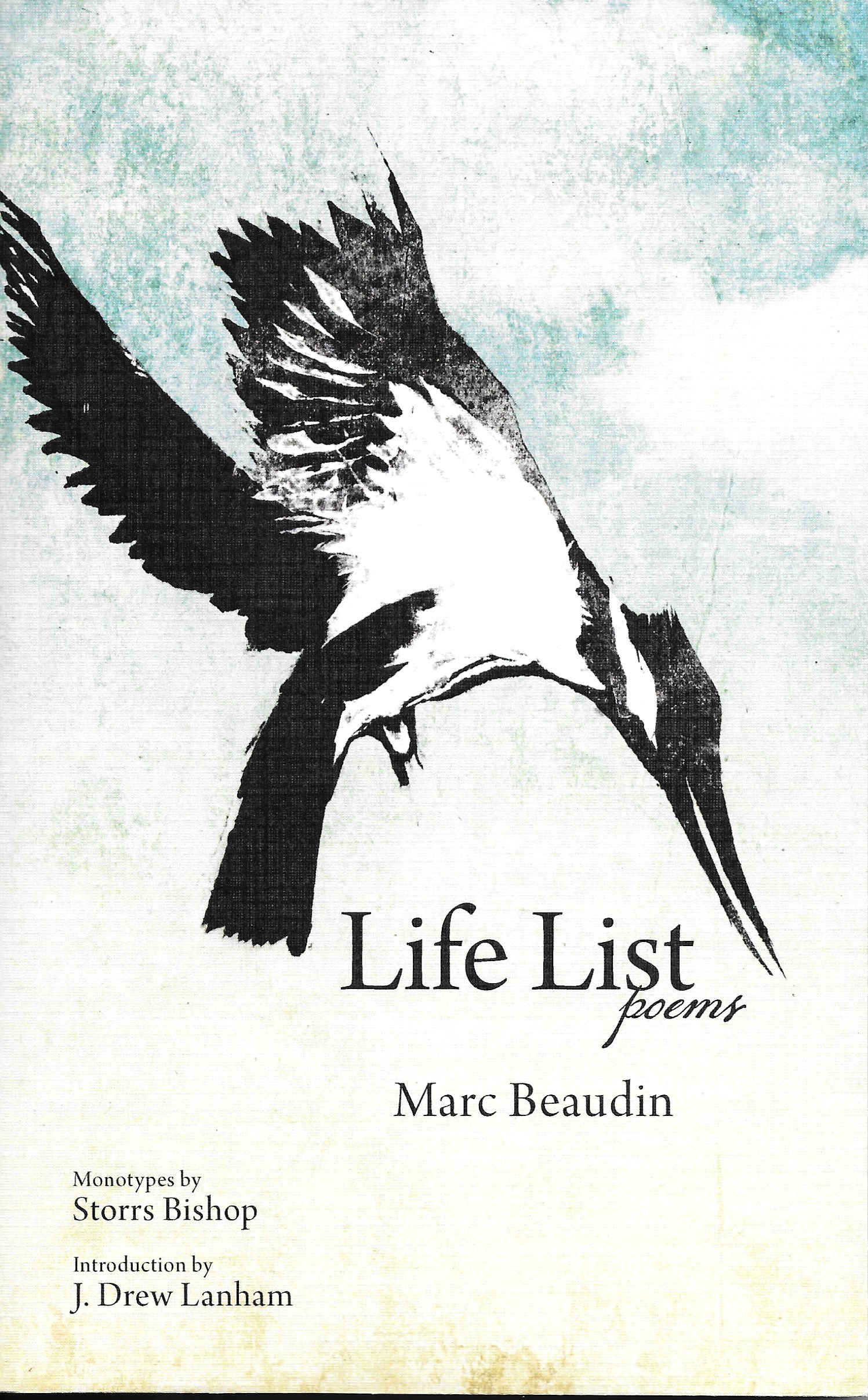 It’s tragic how one can read a story dozens of times and still miss who the hero is, who the villain is. Or that these personas can be one in the same. For a very long time now, I’ve wanted to mount a production of Shakespeare’s Tempest. I wanted to tell the story of the wronged man orchestrating his own justice against those who have oppressed him. A story of the healing forces of the wilderness. A story of the usurped besting his usurper.
It’s tragic how one can read a story dozens of times and still miss who the hero is, who the villain is. Or that these personas can be one in the same. For a very long time now, I’ve wanted to mount a production of Shakespeare’s Tempest. I wanted to tell the story of the wronged man orchestrating his own justice against those who have oppressed him. A story of the healing forces of the wilderness. A story of the usurped besting his usurper.
Damn, did I miss the point. Because there are bigger, more necessary stories within this play that need to be told, and they were staring me in the face the whole time. I was blind to them. I hope not willfully blind, but blind all the same. This is a symptom of my white privilege. The trickiness of white privilege is just how hard it can be to see when it resides in a pervasive environment, a totality of whiteness. Like trying to spot a moth in a snowstorm.
Performing as Master Prosper (aka Prospero) in Nnamdi Kanaga’s film adaptation of the play, Oguta Island, rewritten as an examination of British colonialism in his home country of Nigeria, I struggled with speaking the lines, berating my slave Onyeka (Caliban) with racist contempt and derision. Knowing that the actor playing opposite me was also the playwright and co-director – that he had asked me to speak these words – didn’t make it any easier to spew this venom at him. And it was clearly much harder for him: He shed tears at every rehearsal and during the filming.
When I first read the script, I thought Kanaga had pushed the racism further than the original, twisting a relatively benign or even comical relationship (it is billed as a comedy after all) into something more sinister to make his point. But then I went back to the original. It’s all there. Prospero is horribly vehement in his white supremacist bile. He sounds as bad any KKK-member, neo-Nazi or rabid Trumpaholic. How did I miss it?
I think what watered down Prospero’s racism for me, is that we are told that Caliban is not human, rather he’s some half-fish creature born of the union of the Devil and a witch. And even more, Prospero treated him better than he deserved until Caliban tried to rape Prospero’s daughter, Miranda. But in speaking his words to another human being, to a Black man standing face-to-face with me, I had a revelation: when it comes to Caliban’s inhumanity, we only have Prospero’s word for it. Who’s to say that Prospero’s definition of Caliban as half-fish is any different than the racist colonizer or slave-holder’s definition of the African as half-monkey? Or as the Native American as “savage” for that matter? Was Sycorax an evil witch, as Prospero claims, or merely a practitioner of a religion other than Christianity? In this light, one may begin to wonder: did Caliban assault Miranda, or was it another example of Emmett Till, a mere accusation of a black man by a white woman is grounds for murder? We don’t have easy answers to these questions, and that is exactly the mark of great art – it asks difficult questions without simplistic answers.
But the point is, in 30 years of reading this play, I had never asked these questions. I accepted Prospero’s word at face value. I accepted that he was the rightful ruler of the island, I accepted that Caliban was a monster, that his mother was a witch. My white privilege blinded me to the white privilege that encompasses this entire play. Having to curse a fellow human as less-than-human, while watching tears stream down his face, awakened me to a whole new understanding of this play.
And it wasn’t until a few days after we finished filming, that this truth come crashing down on me like a tempest: Very likely, no Black or Indigenous person has ever read or watched this play without seeing the truth of it right away.





